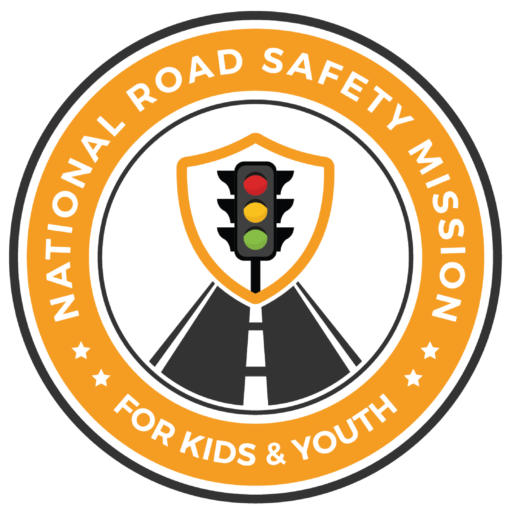FAQs & Myths
- Home
- Faq
FAQs
SAFETY YOUR FIRST PRIORITY
Road safety education is crucial for children because it instills lifelong habits of caution, responsibility, and awareness. By teaching children, the rules of the road early, we reduce the risk of accidents and help them become responsible road users as they grow.
Road safety education should start as early as possible, ideally when children are in preschool. Simple lessons, like how to cross the street safely, can be taught even to very young children.
Parents can reinforce road safety by setting a good example. Always follow traffic rules, use pedestrian crossings, and teach children the importance of looking both ways before crossing the street. Regularly discuss road safety tips with your children and practice safe behaviors together.
The most common causes include lack of supervision, crossing the road in unsafe areas, not wearing seat belts, and playing near traffic. Ensuring that children are supervised and educated on road safety can greatly reduce these risks.
The National Road Safety Mission for Kids and Youth, provides engaging and interactive road safety education to children across India. Through online modules, quizzes, and Olympiads, children learn vital road safety concepts that are reinforced through practice and assessments.
When riding a bike, your child should know to always wear a helmet, follow traffic signals, and ride in the same direction as traffic. They should also understand the importance of using hand signals when turning and be aware of their surroundings. Teaching them these skills early can help instill safe biking habits for years to come.
DEBUNKING MYTHS
Fact: Road safety is essential at every age. Teaching children to be cautious pedestrians, aware cyclists, and responsible passengers lays the groundwork for safe driving later in life.
Fact: While sidewalks are safer than roads, they’re not risk-free. Children must still be taught to stay alert, avoid running, and watch for driveways where cars may pull out unexpectedly.
Fact: Most accidents occur close to home, making seatbelts crucial for every trip, no matter how short. Instilling the habit of buckling up can save lives.
Fact: Road safety education starts at home. Parents and guardians play a critical role in teaching and reinforcing safe behaviors. Schools can support these lessons, but they must be practiced daily.
Fact: Helmets should always be worn when riding a bike, scooter, or skateboard, regardless of the distance. They significantly reduce the risk of head injuries in accidents.
Fact: Many parents underestimate children’s ability to learn about road safety. Children are capable of understanding basic road safety rules from a young age, and consistent education can help them internalize these concepts. Teaching kids about road safety can help them develop good habits that last a lifetime, making them safer on the roads as they grow.
